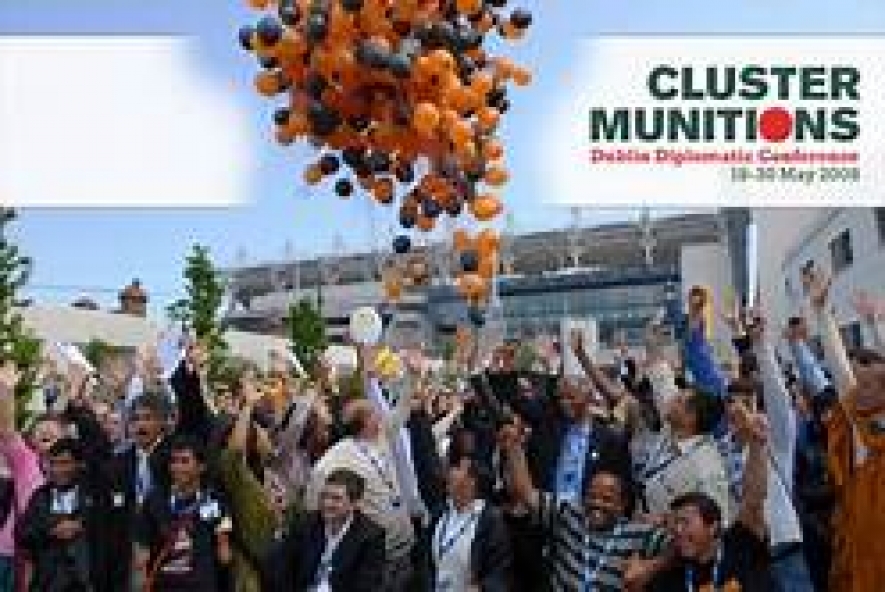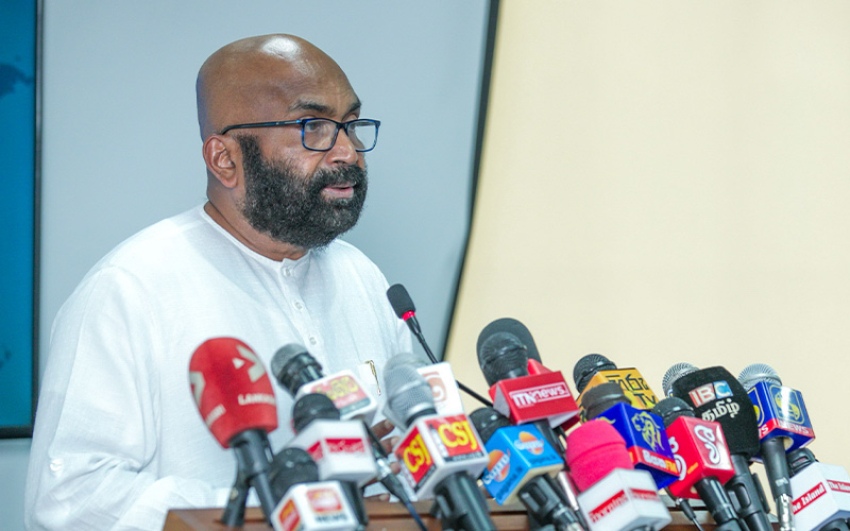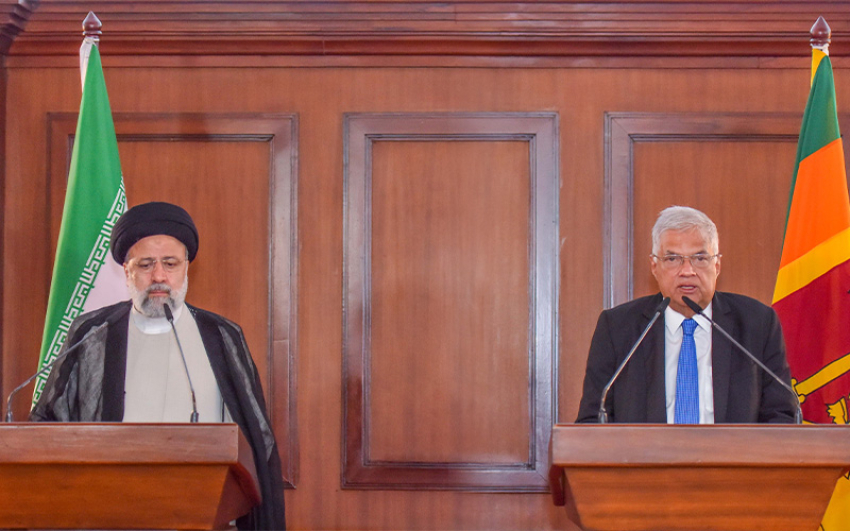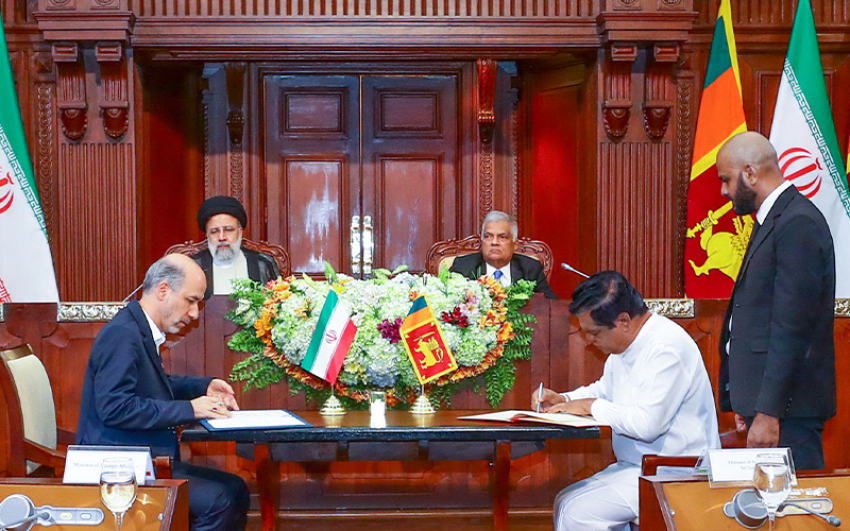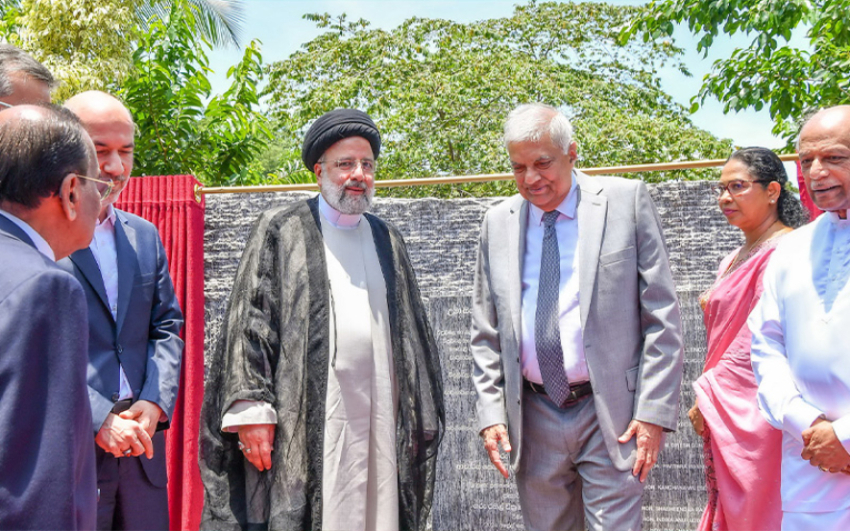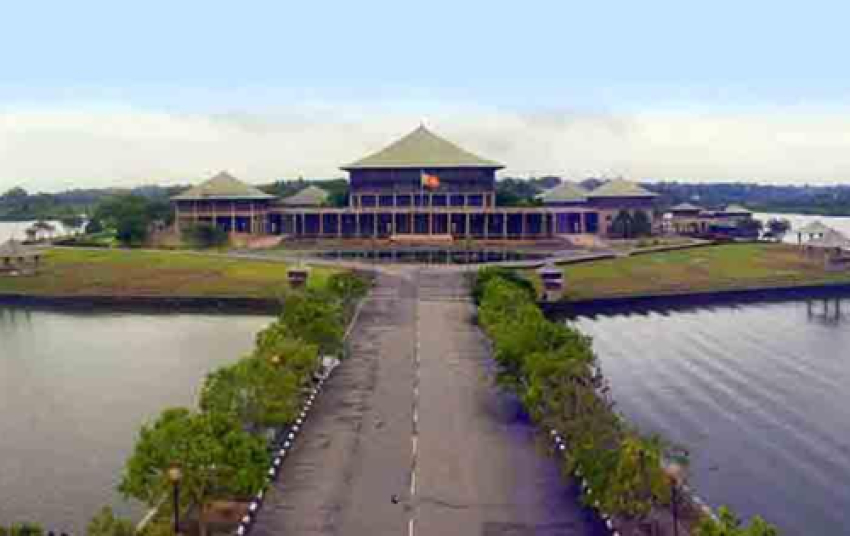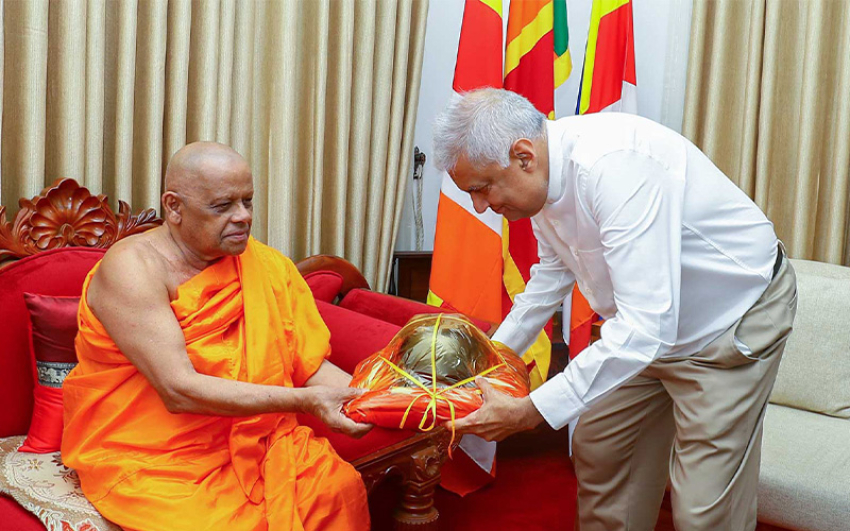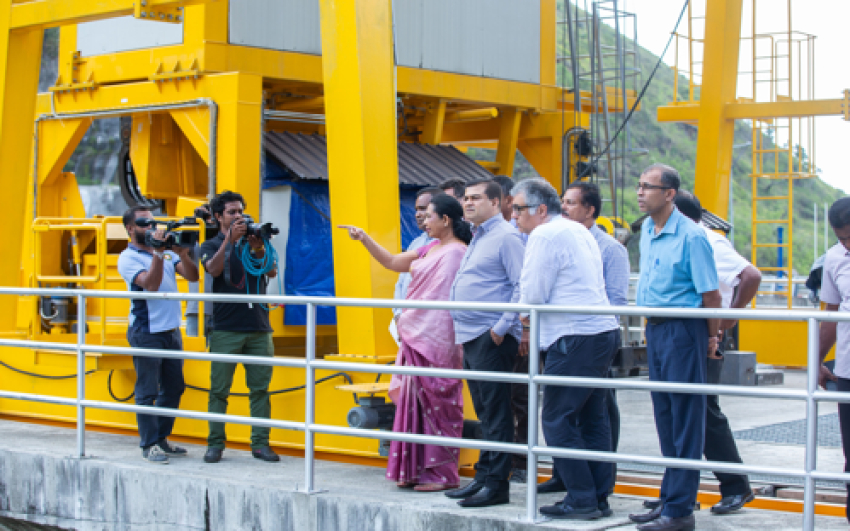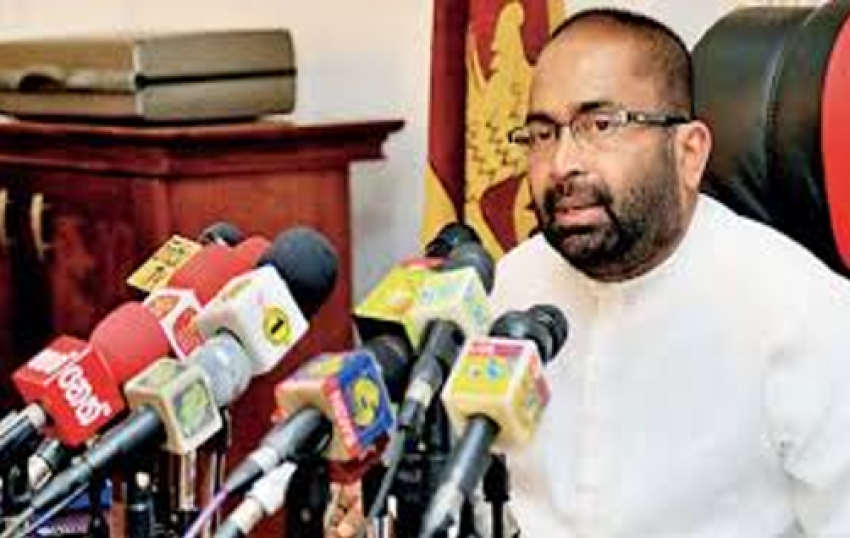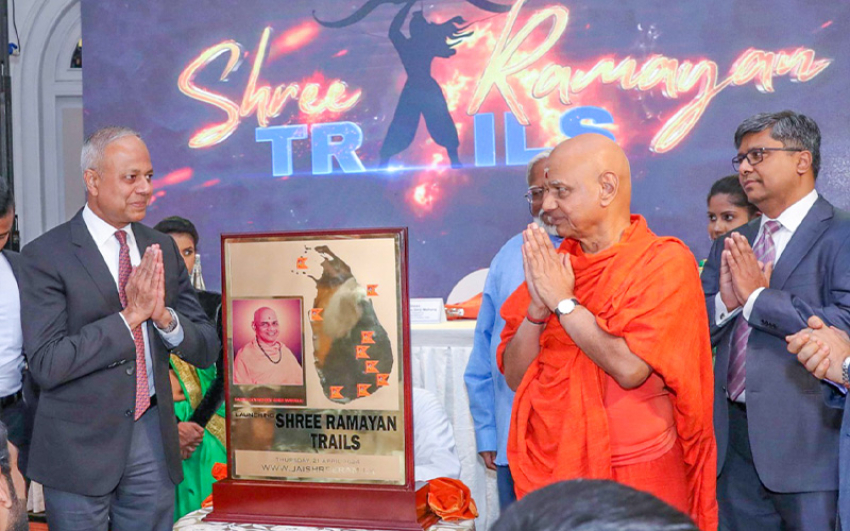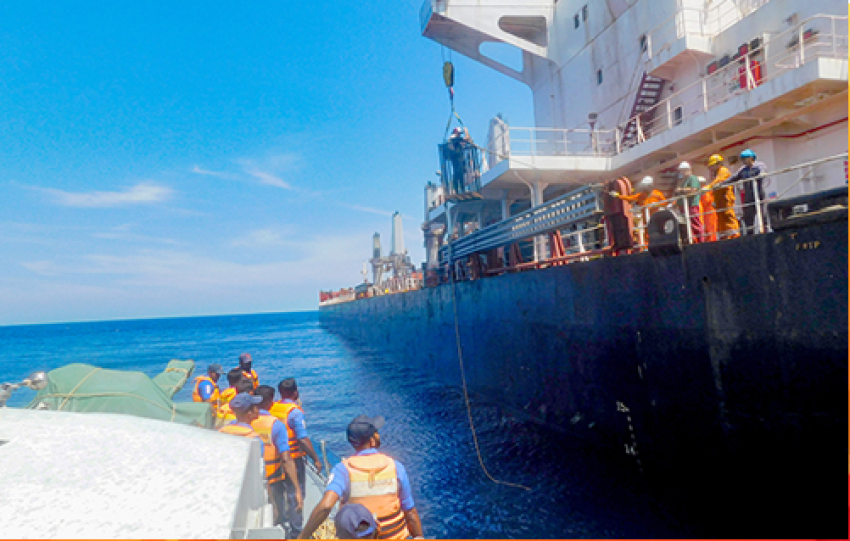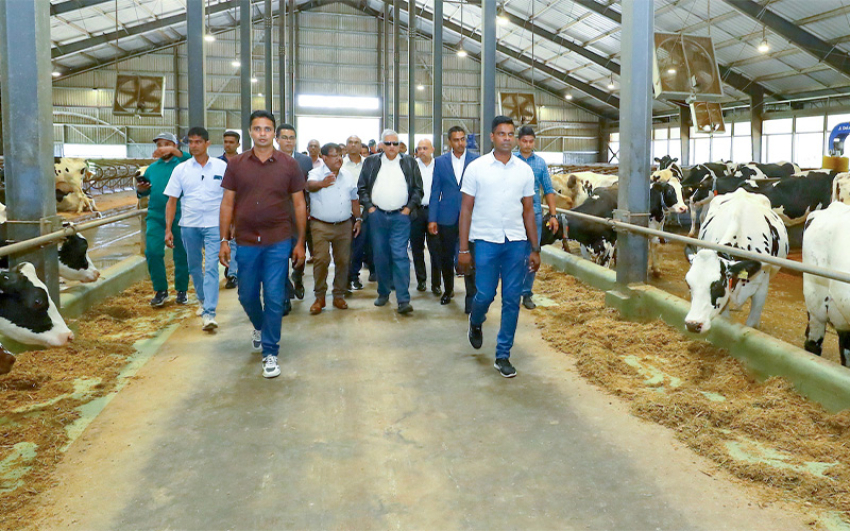Accepting the Presidency of the 9th Meeting of the States Parties to the CCM from Nicaragua, the Permanent Representative of Sri Lanka to United Nations in Geneva on Wednesday Ambassador A.L.A Azeez said "Practical achievement of the target of a world free of cluster munitions demands great dedication, concerted vision and collective initiatives and responses."
During the three-day meeting that commenced on 3rd September 2018, Sri Lanka was specially commended for joining this key humanitarian disarmament Convention aimed at banning production, storage, transfer and use of cluster munitions. Sri Lanka acceded to the Convention on 1 March 2018, as the 103rd State Party.
"Our leadership, built on the strength of national accomplishments, could serve as a catalyst for and inspire other countries to appreciate the value of peacebuilding and national advancement in realizing sustainable, peaceful and inclusive societies," Ambassador Azeez stressed referring to the progress achieved in advancing reconciliation and sustainable peace in the country, following a three-decade long armed conflict that ended in May 2009.
Ambassador Azeez was elected the President of the 9th Meeting of State Parties, in a year that marks the 10th Anniversary of the adoption of the Convention. The year of Sri Lanka's leadership is an important transitioning point, building momentum for the Second Review Conference to the Convention to be held in 2020.
The presidency of Sri Lanka will run through till September 2019, involving an intensive process of advocacy, consultation, coordination and strategic direction, on a multi-stakeholder platform, consisting of civil society and defense establishments in the promotion of the objectives and norms of the Convention.
Highlighting the policy initiatives taken by the Government of Sri Lanka since 2015 in the humanitarian disarmament arena, Ambassador Azeez emphasized that accession to the Ottawa Convention on Anti-personal Landmines further strengthened the positive image of Sri Lanka worldwide, as a country balancing civilian needs and national security imperatives.
The Convention on Cluster Munition (CCM) is a humanitarian imperative-driven legal instrument with 104 States Parties as of date, that prohibits all use, production, transfer and stockpiling of cluster munitions. In addition, it establishes a framework for cooperation and assistance to ensure adequate assistance to survivors and their communities, clearance of contaminated areas, risk reduction education and destruction of stockpiles.

